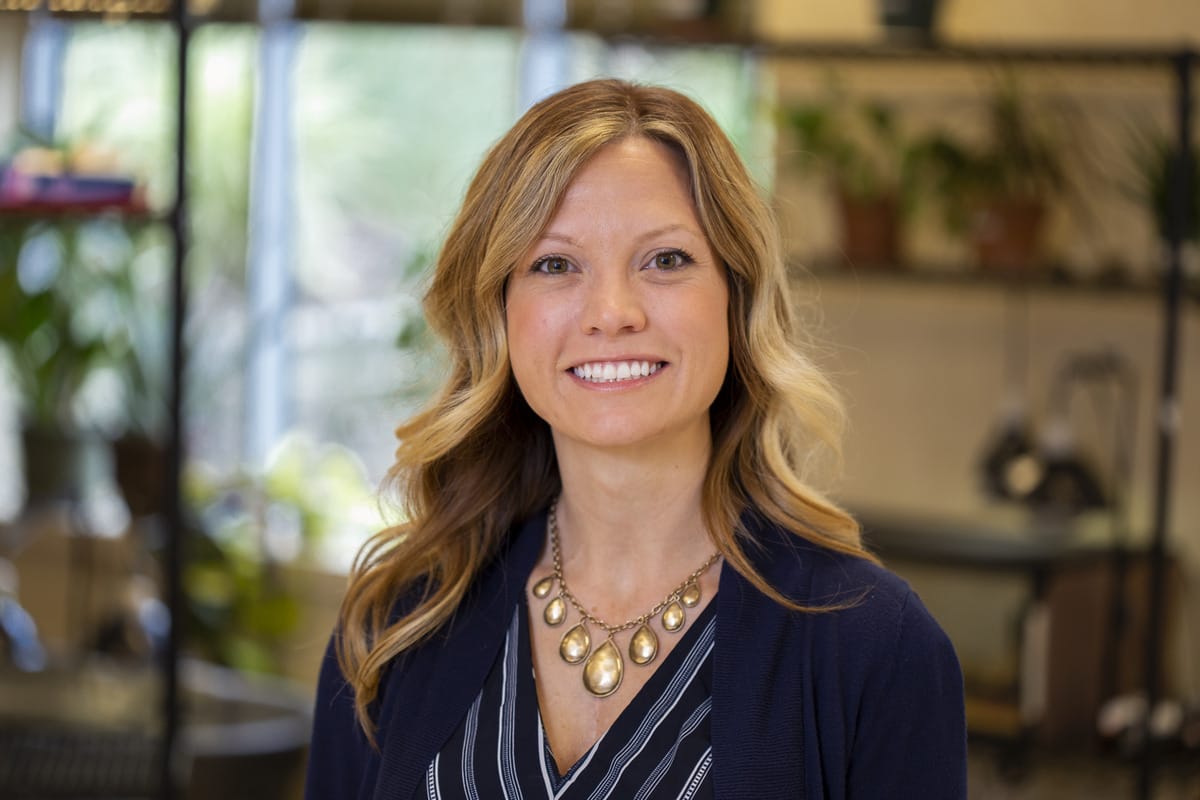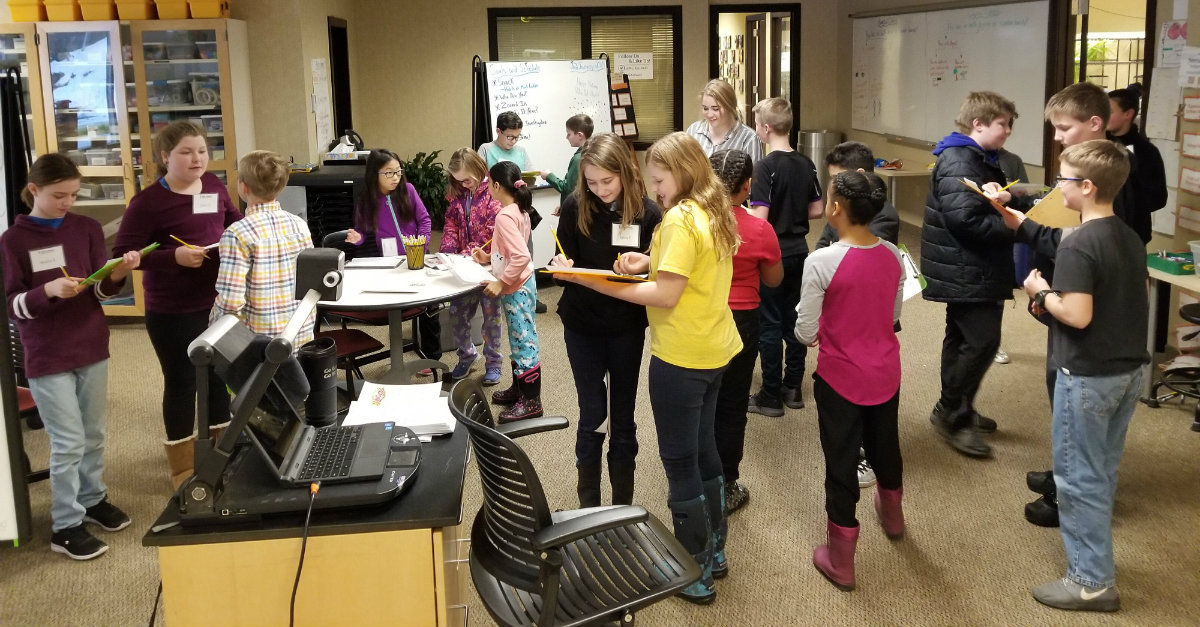There’s an old saying among authors, “Great works aren’t written, they’re rewritten”. It’s tempting to look at a completed novel and think the author wrote it all in one go, but this is far from true. Most authors spend years on edits and rewrites. The manuscripts are changed, then restored, then changed again. Books go through countless iterations before they’re finally published, and while the author does the brunt of the work, the narrative is also shaped by reader feedback.
The same process is true for education. No student learns everything they need in one simple, linear fashion. It takes time, patience, and above all, feedback. Assessment is a crucial part of the learning process because it helps both students and teachers recognize their strengths, correct mistakes, and navigate personal growth. Now, with the rise of project-based learning, assessment strategies have become an even greater part of classroom development.
Recognizing Your Tools
While most teachers are already familiar with assessment strategies, it’s important to review the benefits that each one provides:
- Rubrics – Using rubrics is a great way to encourage critical thinking and reflection. It also gives students a clear idea of what they need to do. Using rubrics, students can make the connection between where they are and where they need to be.
- Standards Checklist – Like rubrics, a standards checklist specifically informs students on what they need to know or be able to do. When paired with a PBL unit, it can be used to list the project’s cross-curricular subject areas, and students can then check off these standards once they’ve been met. This allows for more choice and ownership, since students can decide how long they need to spend on a specific topic.
- Student Conferences – Project-based learning offers great opportunities to sit down with students and discuss their learning. Teachers can identify personal challenges and help them plan out their next steps. It’s also a great time to learn more about your students as individuals.
- Group assessment – Group assessments are useful because they allow students to step up and take responsibility while building their self-awareness. This is particularly helpful in PBL, since it unites the classroom around a shared goal. Students will need to identify their role within the group and share how they feel about the team’s progress. It’s also a good way to build teamwork.
- Student Self-Assessment – If you want to encourage student involvement and self-awareness, then a student self-assessment is the way to go. By asking students to reflect upon their role and contributions to the group, we give them a chance to increase participation and claim responsibility for their own work.
Making Assessment Meaningful
Now that we have our list of strategies, it’s time we consider how to make them meaningful. Good assessment in PBL gives students the opportunity for feedback, provides reflection, and makes space for revision.
- For Feedback: We want our responses to be practical, specific, and actionable. As educators, we need to know what our students are taking away from our lessons. While we still need to give them a grade, we also need to give them something they can work with and use to formulate their next steps.
- For Reflection: We need to give students the opportunity to make their work better. This means asking the right questions with our students. Questions like, “What don’t I understand?” “Where is my work strongest/weakest?” and “What steps should I take to improve?” are a good place to start.
- For Revision: As quoted above, “Great works aren’t written, they’re rewritten”. It’s important that we impress this mindset upon our students, so they don’t believe learning is a “one and done” exercise. They need to see that education is ongoing process. Just because they completed their work doesn’t mean it can’t be improved!
Make it Matter!
At the end of the day, when we think about what we really want our students to come away with, we deeply want them to feel like their work matters. Project-based learning can show students how to make a positive impact on the world. Whether through smart investment or environmental conservation, the possibilities are limitless. Still, they will never reach their full potential without strong feedback and clear guidance. Meaningful assessment strategies are how we chart their course into the future!

